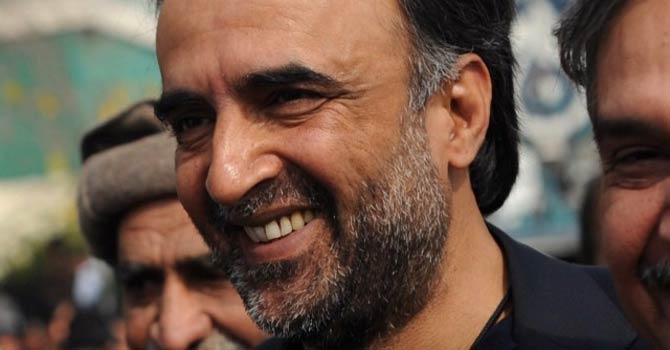
ISLAMABAD: Pakistan is already cracking down on the Haqqani network and does not need to impose extra measures following the group's addition to the UN's blacklist, a government spokesman said on Tuesday.
The UN Security Council's Taliban sanctions committee on Monday added the Pakistan-based group, accused of high-profile attacks in Afghanistan, to its sanctions list.
The action obliges all UN members to implement an asset freeze, travel ban and arms embargo for the Haqqani network.
“The three elements of the ban -- arms embargo, asset freeze and travel ban -- are all already in place in Pakistan,” Information Minister Qamar Zaman Kaira told Reuters.
The United States designated the Haqqani network as a terrorist organisation in September, a move the group's commanders said proved Washington was not sincere about peace efforts in Afghanistan.
The Haqqanis, a group allied with the Afghan Taliban, are the most experienced fighters in Afghanistan and are blamed for some of the boldest attacks, including one on embassies and parliament in Kabul in April that lasted 18 hours.
US officials have long accused Pakistan of supporting the network, an allegation Islamabad denies.
“Which banned militant can openly travel in Pakistan? We have also checked on financing and other transfers. There is no problem,” Kaira said.
A few months ago, the leader of a banned organisation openly led a march into the capital, Islamabad.
Gretchen Peters, who wrote a report on Haqqani finances for the Combating Terrorism Center, said Pakistan could shut down the Haqqanis if it wanted.
“That's patently not true” that they have already cracked down, she said.
Seized receipts and other documents showed Haqqani leaders owned property, construction, trading and transport firms and bought weapons and ammunition inside Pakistan, she said.
A small team of financial investigators with strong political backing could severely damage the network, she said, citing US successes in tackling South American drug cartels and seizing assets of the Lebanese militant group Hezbollah.
So far, it is unclear how well the sanctions will be enforced. Peters' report found that most of the Haqqani assets were in Pakistan and the United Arab Emirates.
“A sanction is like an arrest warrant. It only means something if countries act on it,” she said.
In Pakistan, decisions about counter-terrorism and military strategy are taken by the military, which has ruled Pakistan for more than half of its 65-year history.
So far, the army has been conspicuously silent on the UN sanctions and US designation of the Haqqanis as terrorists.
The military's Inter-Services Intelligence Agency (ISI) is widely believed to be its most competent and well-resourced of more than a dozen Pakistani security agencies.
It is also the agency that the United States has previously accused of supporting the Haqqani network.












































Dear visitor, the comments section is undergoing an overhaul and will return soon.